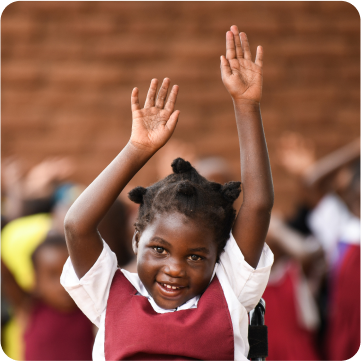Useful links
Nearly 29 million children in East and Southern Africa are living with a disability.
These children are more likely to be living in poverty. They are four times more likely to experience physical violence or sexual assault, and twice as likely to never attend school. For girls with disabilities, the situation is even worse. They are 10 times more likely to experience gender-based violence than those without disabilities.
They are being forgotten, hidden and left behind.
The Need to Protect
Children with disabilities are four times more likely to experience physical violence, and three times more likely to be sexually assaulted.
Girls with disabilities are 10 times more likely to experience gender-based violence than those without disabilities, and an estimated 70% of girls with intellectual disabilities will be sexually abused before their 18th birthday.
Many children with disabilities also continue to spend much or all of their lives in institutions, away from their families, or face difficulties in accessing basic services or justice systems.

The Need to Educate
Children with disabilities are twice as likely to never attend school. After a few months most of them drop out of school due to feelings of exclusion or stigma.
This exclusion and invisibility make them uniquely vulnerable, with a lack of basic education leading to potential financial deprivation.
While there has been substantial progress in access to education over recent decades, children with disabilities have continued to fall through the net and are being left behind.

The Need to Amplify
Through no fault of their own, children with disabilities are consistently excluded, discounted and discriminated against in all walks of life.
Denying children with disabilities their equal rights in this way has a lifelong impact. It can lead to a life of poverty, discrimination, dependence and abuse.
But every child has the right to be counted, the right to participate, and the right to be heard.






